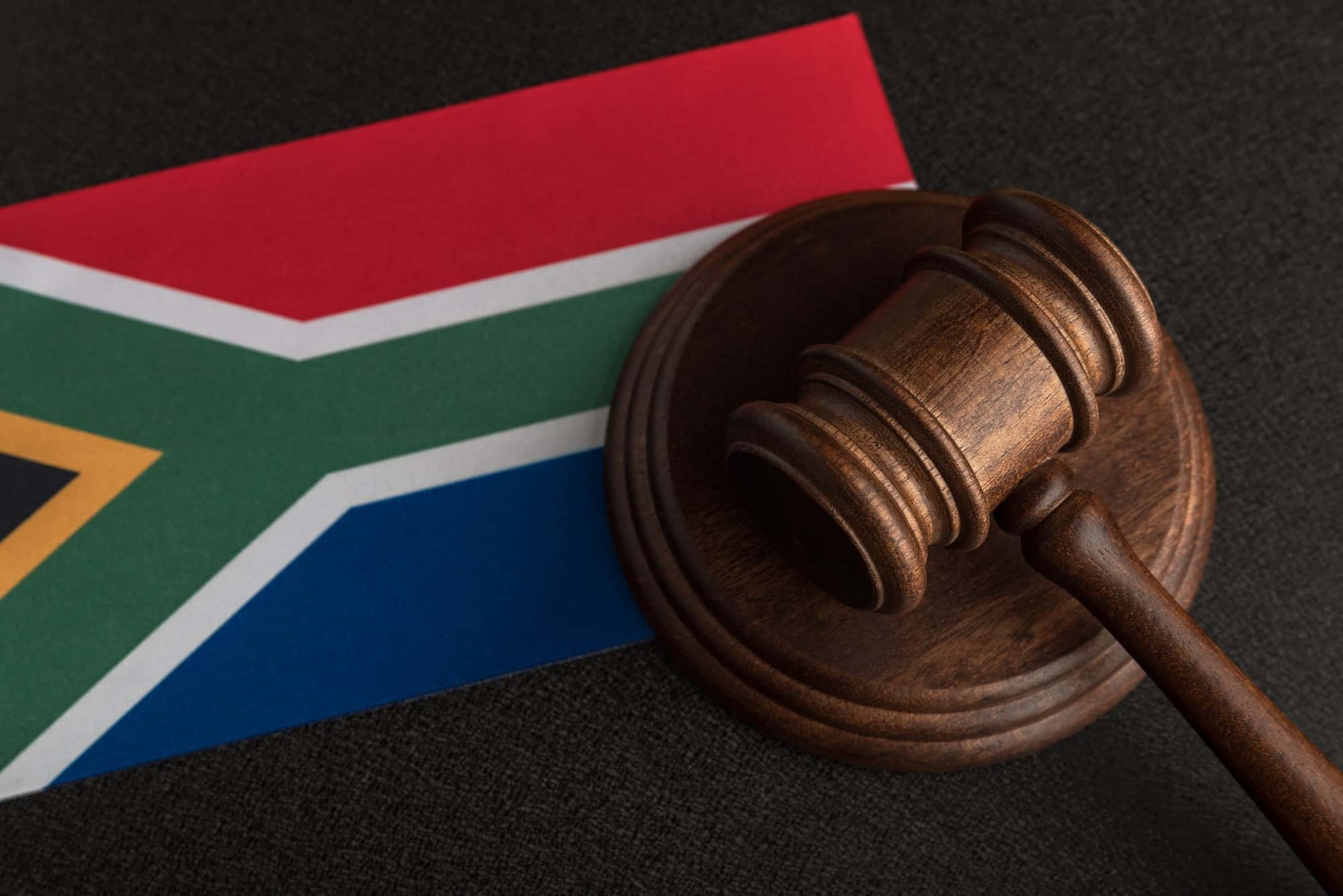Every day large amounts of toxic effluent are discharged into the ocean either down the drains or via the wastewater treatment plants. Water rights refer to legal rights to use water from a specified source. Water rights authorize entities like property owners or private companies to use, sell, divert, or manage the water. The Constitution is very specific about water, a resource that is essential to all life. The electrolytes in water render it an essential part of daily nutrition. In section 27 of the Bill of Rights it is states that: “Everyone has the right to have access to sufficient food and water.
The government must take reasonable legislative measures, within the sustainability of resources, to achieve the progressive realization of these rights. Laws governing water rights vary from municipality to municipality, and water use licenses are issued in accordance with water service mandates and regulations.
The National Water Act (No. 36 of 1998) is the main regulator of water use in South Africa and replaces any previous law dealing with water rights. Water rights can dictate the use of surface water or groundwater from a specified source. Even though they vary by area by-laws – surface waters like lakes, streams, and coastal waters are publicly owned, and therefore accessible to the public unless during a drought crisis. Groundwater refers to water that comes from an underground aquifer. Most water rights doctrine limits water users to “reasonable use” of a water source, meaning that they cannot exhaust the water source or prevent other peoples’ access to it. The Act makes provision for 11 categories of water use.
We’ve been designing innovative, highly effective solutions since more than a decade. Backed by comprehensive support, our prime technology and extensive water treatment project experience.
MEB has a solution for requirement and proudly offers various solutions, each with its own way of achieving your water treatment quality goals with our complete line of innovative high-tech solutions.

